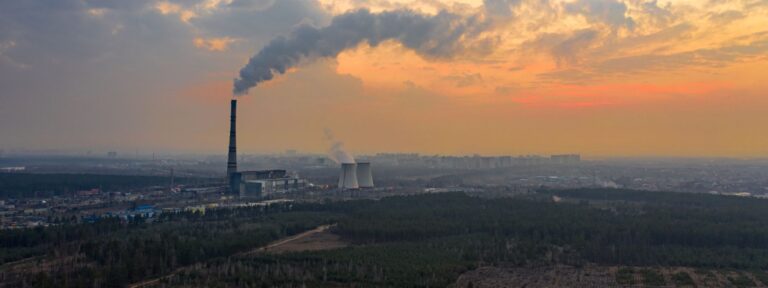
Population matters: letters
Updated: 14 November 2022
The Sunday Times 13 November 2022
Three critical events are happening this week; COP27 in Egypt, the International Conference on Family Planning in Thailand and, on Tuesday, the UN’s symbolic marking of the point at which our population hits eight billion. They are inextricably connected – yet politicians, NGOs and media at COP27 seem blind to the links.
Eliya Zulu, head of the African Institute for Development Policy, commented at COP26; “If you go around this COP or previous conferences, the ‘p’ word, as I call it, seems to be forbidden”. The ‘p’ word being population. The wilful silence is contrary to science and denies hundreds of millions of girls and women their rights and life opportunities. The IPCC’s 2022 report identified population growth and increasing consumption “as the strongest drivers of CO2 emissions from fossil fuels.”
It is shameful that this is not on the agenda at COP27.
Robin Maynard, Director, Population Matters
_________________________________________________
Getting a handle on population growth
The Telegraph 11 November 2022
Sir,
Next week the world’s population will top 8 billion. Twice as many people live on our planet than in 1974. And the population is four times higher than it was in 1926.
By 2050 the world could lose more than a quarter of its forests to food production alone in order to feed the growing population. That amounts to some one billion hectares – 1.5 times the size of the Amazon.
Population growth is also a critical driver of climate change. The Intergovernmental Panel on Climate Change suggests that GDP growth per capita and population growth remained the strongest drivers of carbon dioxide emissions from fossil fuel combustion during the past decade.
Yet solutions exist that are friendly to both people and planet. These include enabling all girls to stay in school and empowering women to access contraception, meaning they can choose how many children they have.
Despite cutting more carbon than all offshore and onshore wind combined, these desperately wanted, positive solutions are rarely mentioned by climate campaigners.
Robin Maynard, Director, Population Matters
_________________________________________________
Choosing a smaller family is the most effective eco-action
The Independent 10 November 2022
Dear Sir/Madam,
Next week, rather specifically on 15 November according to the United Nations, our human population will top 8 billion – a billion more since 2011, double the 4 billion of us on Earth in 1974.
Explosive population growth over the past half century has been a critical driver of climate change, as the Intergovernmental Panel on Climate Change states: ‘GDP per capita and population growth remained the two strongest drivers of CO2 emissions from fossil fuel combustion in the last decade.’
Already, we use more of our planet’s natural resources than it can renew each year –1.8 planet’s worth. Only possible because some of us take more than our fair share – our ecological footprint in the UK makes us equivalent to a nation of 10-tonne King Kongs stomping about! The UN projects our population will increase to 9.7 billion by 2050. More people demanding, needing, and deserving more of our planet than it can sustainably provide.
An unfair, nasty future for many? It doesn’t have to be. People and planet benefiting solutions are available and wanted: universal, quality, education for girls, women’s choice over safe, modern family planning. Together those would cut more carbon dioxide than from all onshore and offshore windpower – whilst also avoiding unwanted pregnancies, slowing population growth, liberating skills, and speeding up sustainable development.
For a high-consuming country like the UK, with access to education and family planning, choosing a smaller family is the single most effective eco-action to cool our planet and act as global citizens.
Robin Maynard, Director, Population Matters
_________________________________________________



